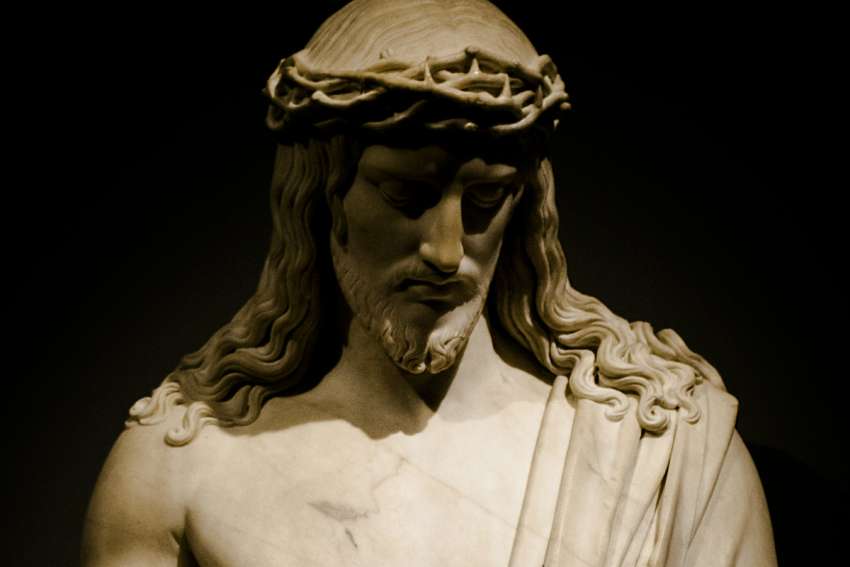Phase two of the synodal process ended nearly Oct. 27 with the closing Mass of the Second Session of the XVI Ordinary General Assembly. The final synthesis document was approved by Pope Francis without an apostolic exhortation. “What we have approved is enough,” he said. The delegates approved each of the 155 paragraphs of the document with a two-thirds majority. Paragraph 32 reads, “Synodality and mission are intimately linked: mission illuminates synodality and synodality spurs to mission.”
The Most Rev. Alain Faubert, Bishop of Valleyfield, was a delegate to the second session. In a recent interview with the Register he said, “Maybe a more synodal Church is a Church that is less trying to convince people that we are right, but just being this Church that witnesses to God’s love for everyone.” I agree. That is the mission.
I also agree with him that paragraph 94 is “vitally important.” It says, “Without concrete changes in the short term, the vision of a synodal Church will not be credible, and this will alienate those members of the People of God who have drawn strength and hope from the synodal journey. Local churches need to find ways to implement these changes.”
We have gone through concrete changes in my own organization, Development & Peace – Caritas Canada (DPCC), which were made possible by all those involved in our mission embracing synodality, especially the bishops of Canada. I truly believe this process saved DPCC and consequently, our solidarity as the Church in Canada with the poor and oppressed throughout the world.
Change brought forward by a synodal process requires leadership – synodal leadership. To help a culture of synodality take root at DPCC, we reconnected to our original charism and mission entrusted to us by the bishops. Subsequently, we recognized that within a synodal DPCC, there are many people with leadership roles – not just the executive director. Thus, our guide was shared more widely with staff and members. Three years have passed, as has the entire second phase of the synodal process. As the Church enters the implementation phase, we want to go beyond ourselves as DPCC and share our synodal experience with the wider Church in Canada.
We are updating and adapting our guide so that it is generalized for a wider audience in Canada. In October, my wife and I had the honour of spending four days as guests of Mgr. Pierre Goudreault in his diocese of St. Anne-de-la Pocatière. The three of us spent time praying, eating, hiking, writing, and in spiritual conversation in order to carry out this work. We are now putting the finishing touches on the fruit of that beautiful retreat and will soon publish a short, practical guide called Walking Together: Seven Calls to Synodal Leadership.
One thing that truly distinguishes synodal leadership from other secular forms is our belief in the presence and guidance of the Holy Spirit. Through this guiding presence of God, synodality will truly form us into a Missionary Church that inspires others by our witness of love and intrigues them to “come and see.”


